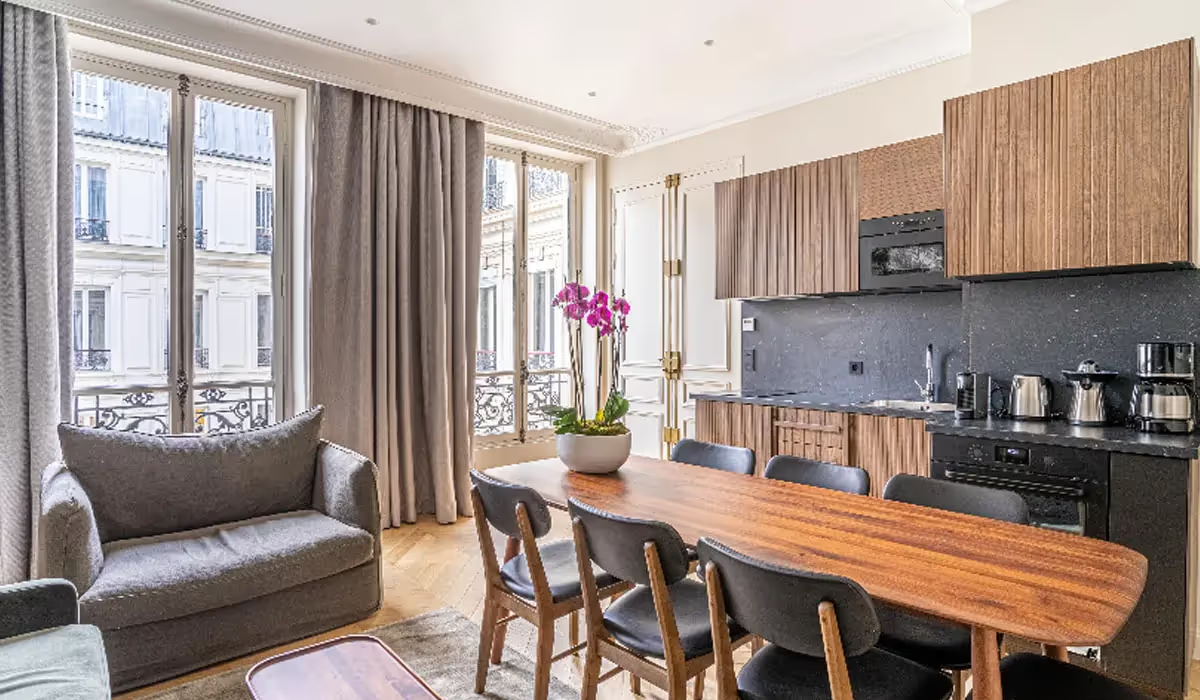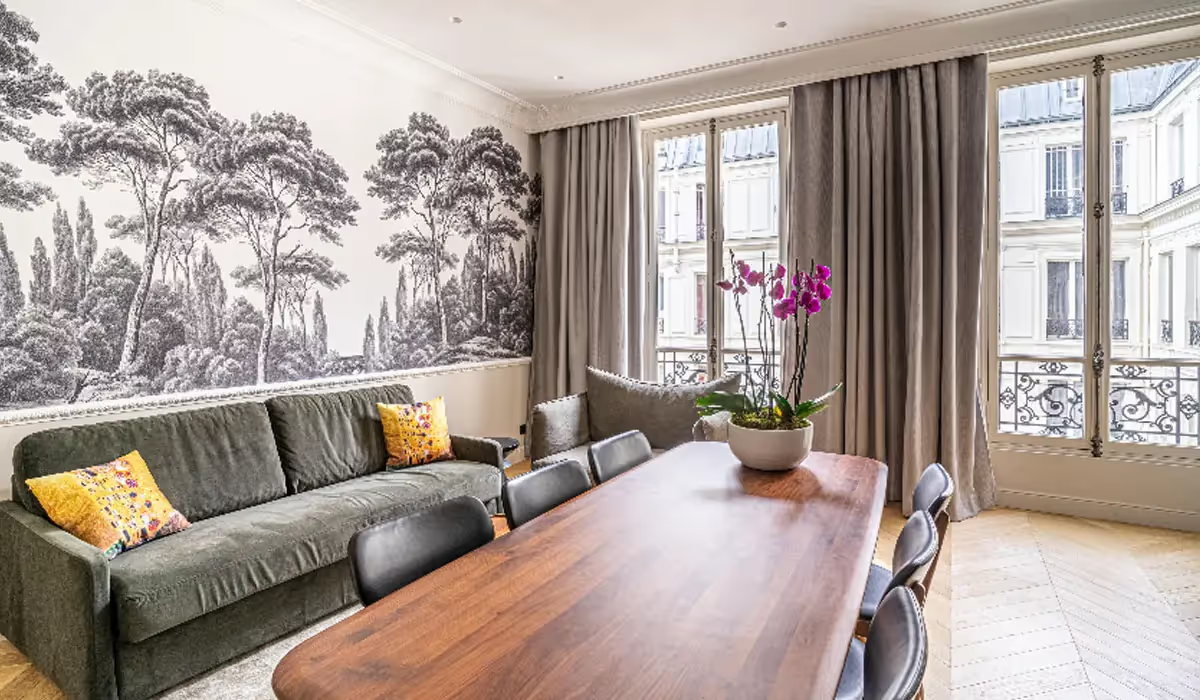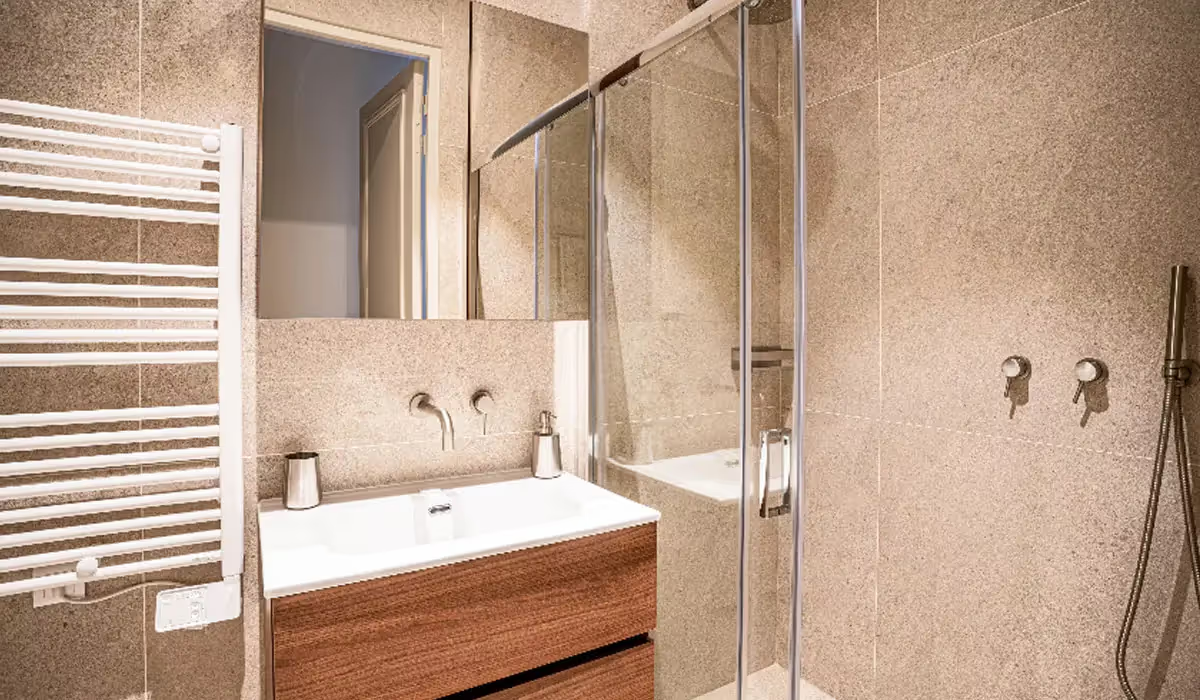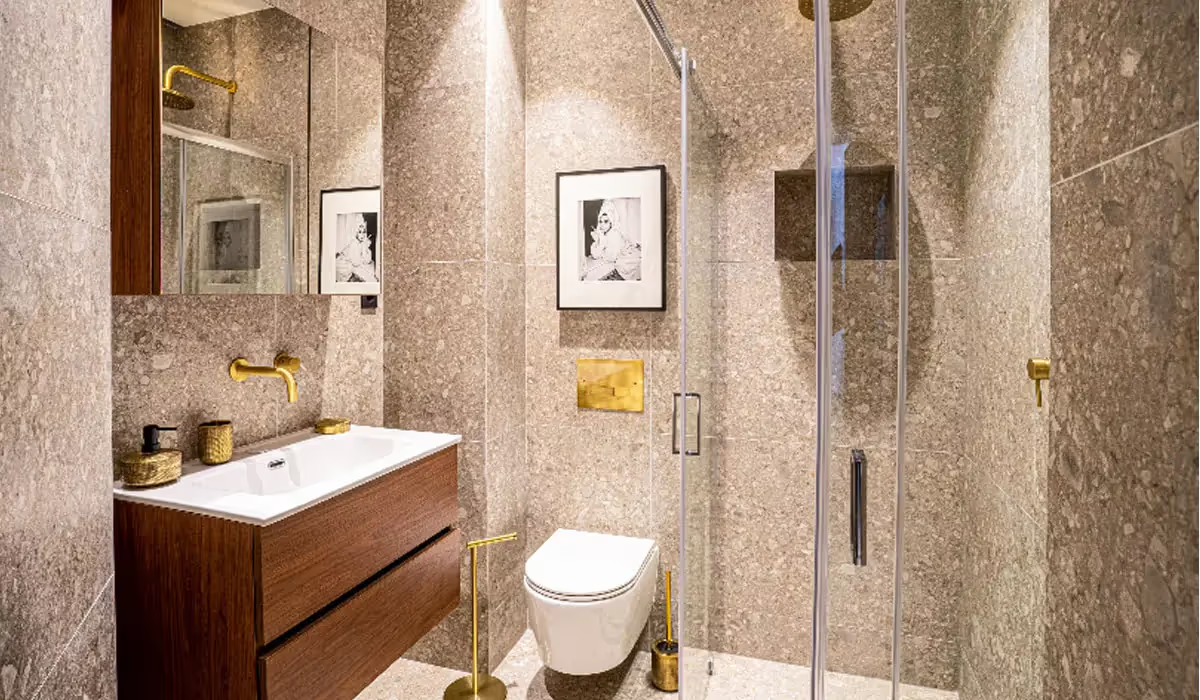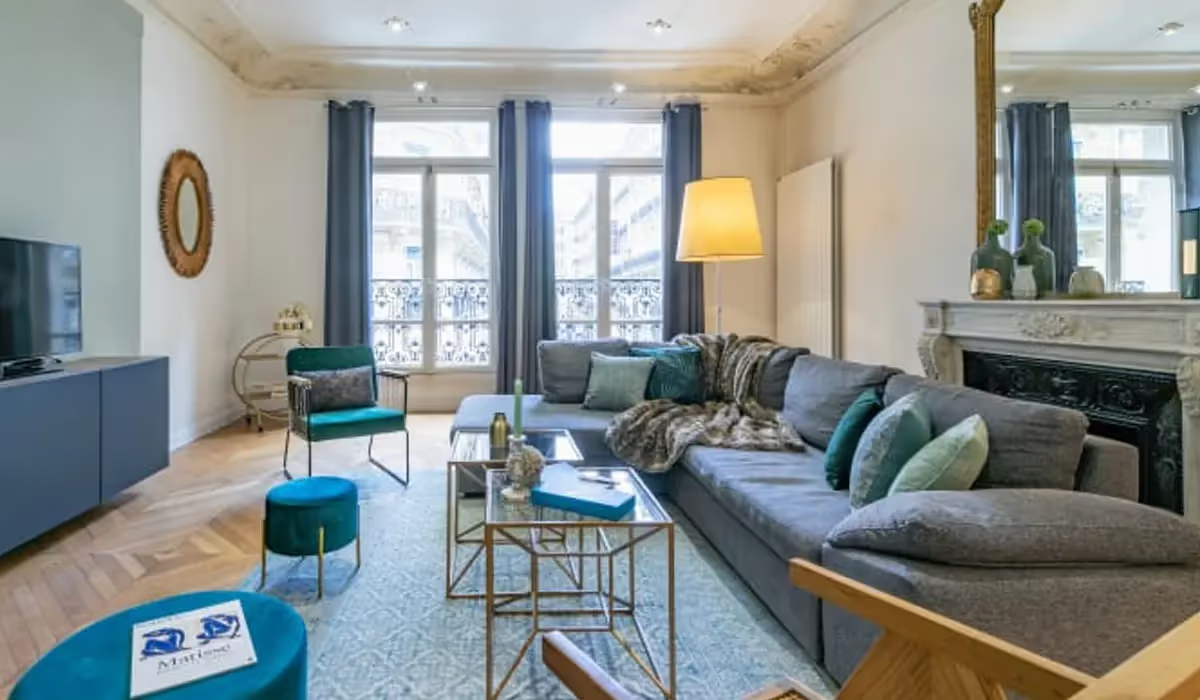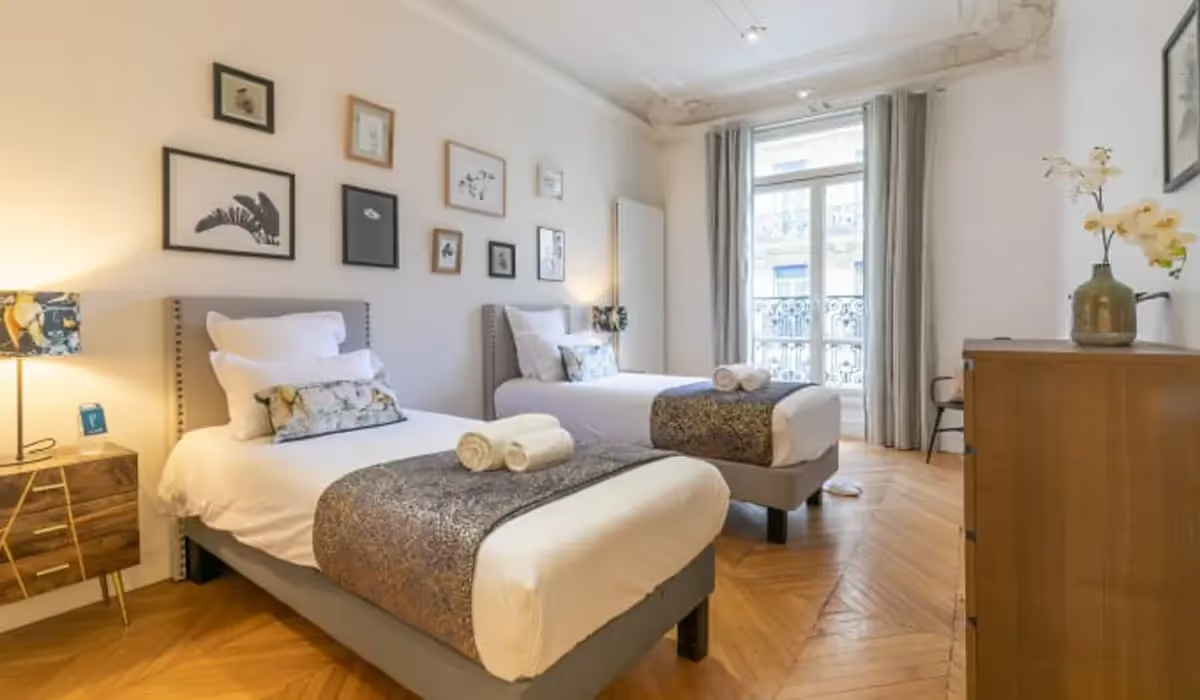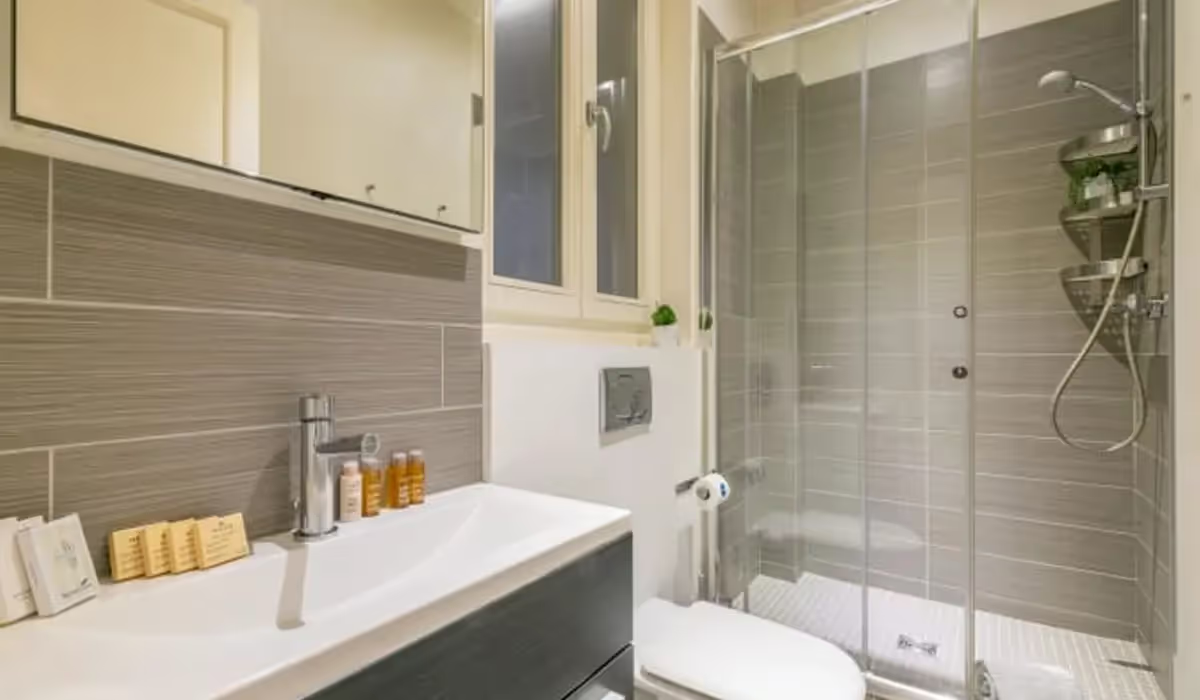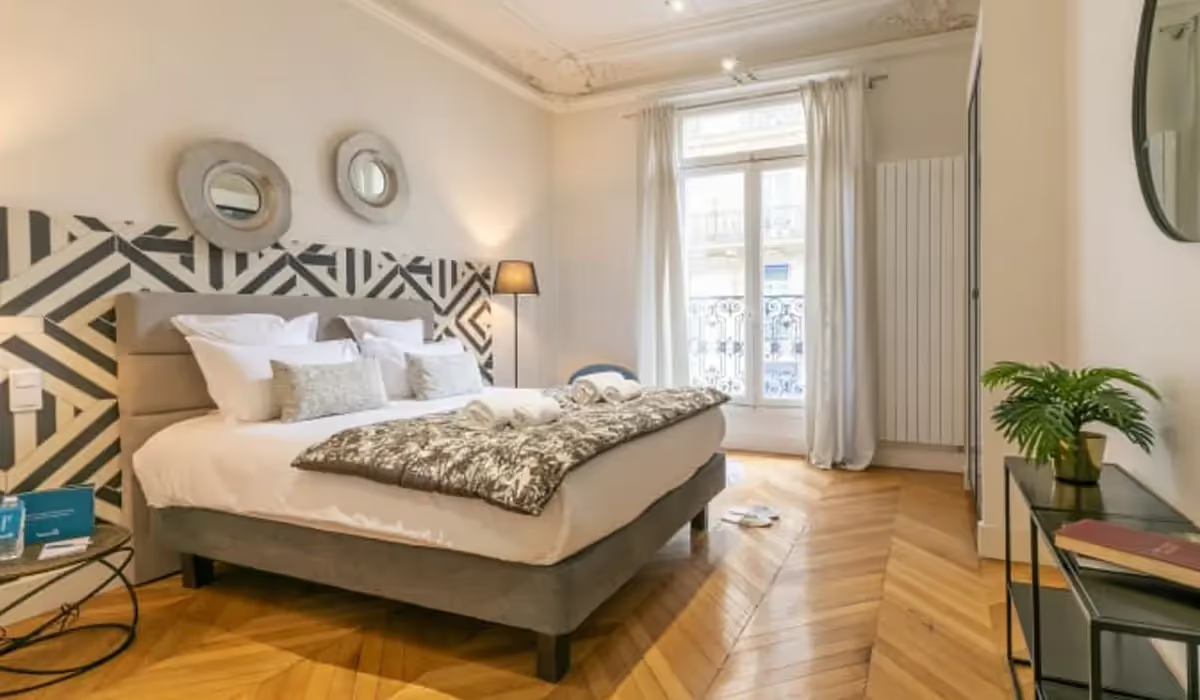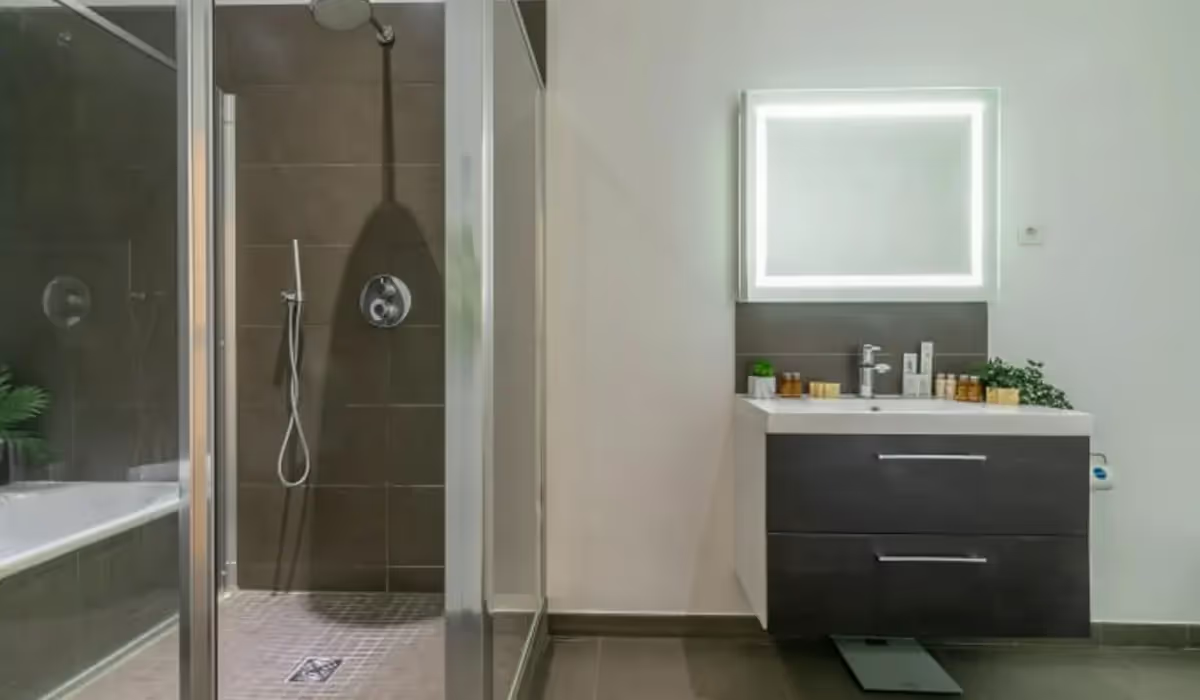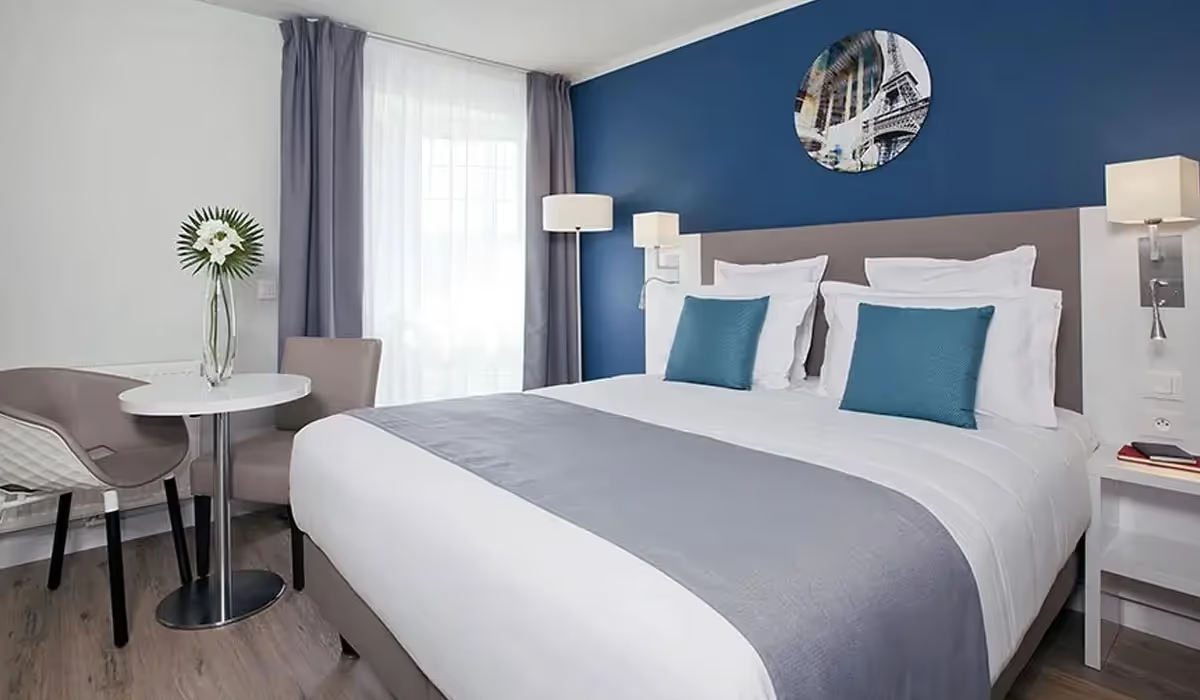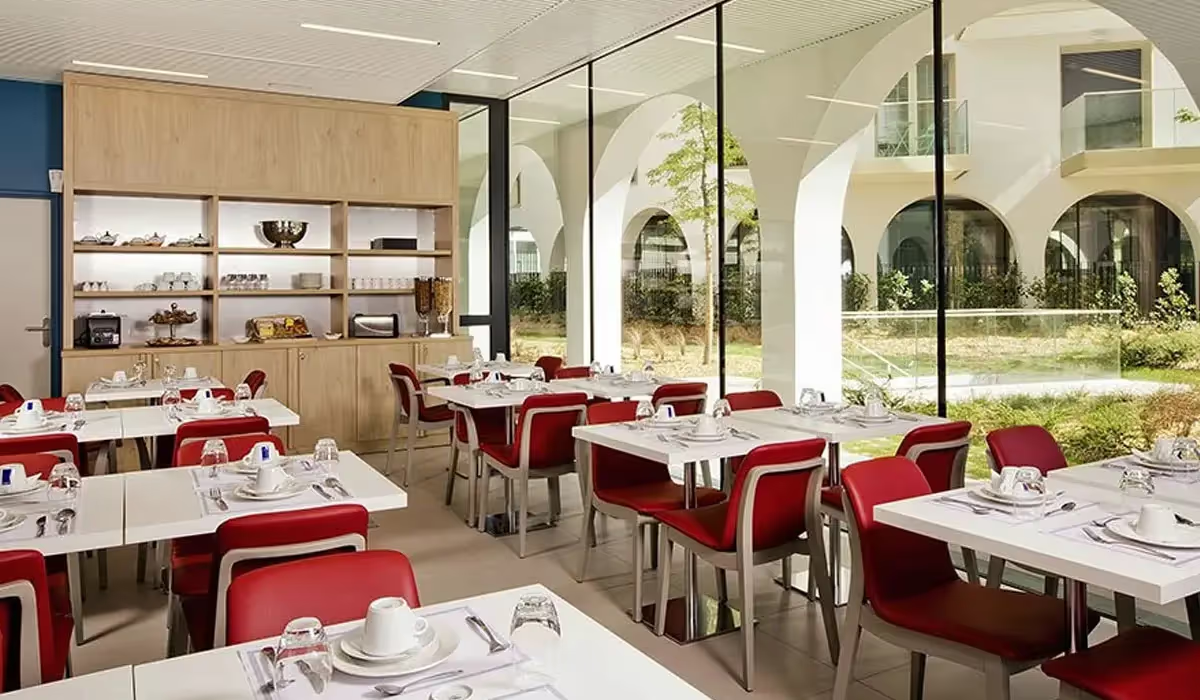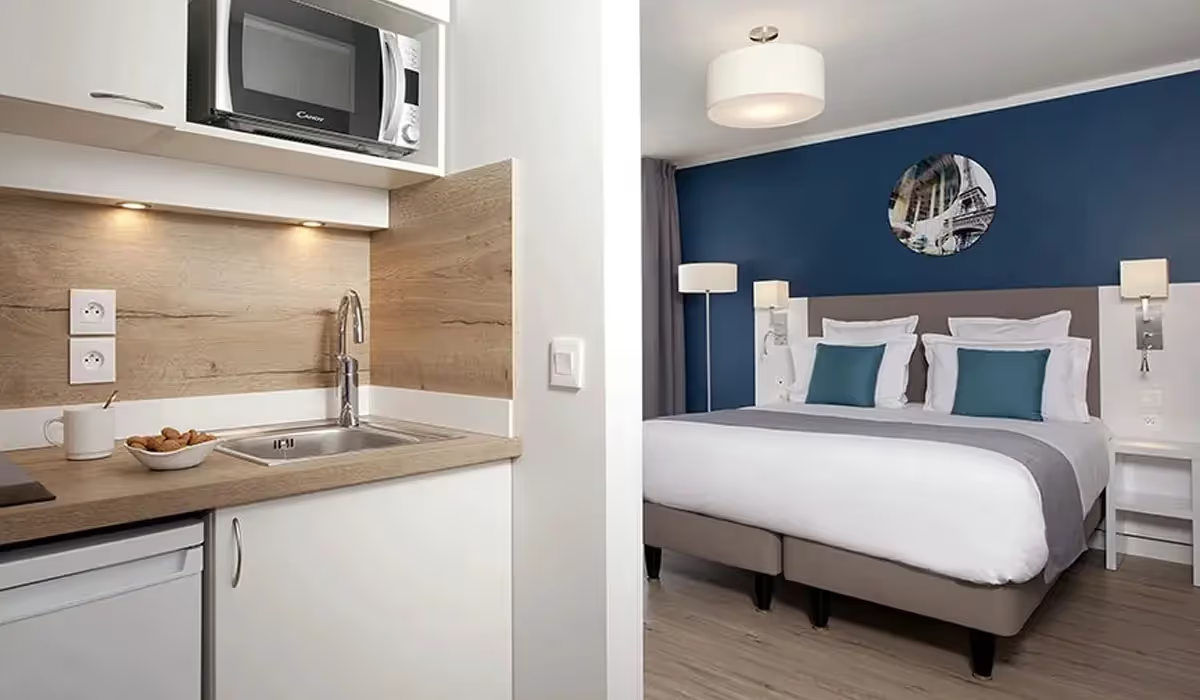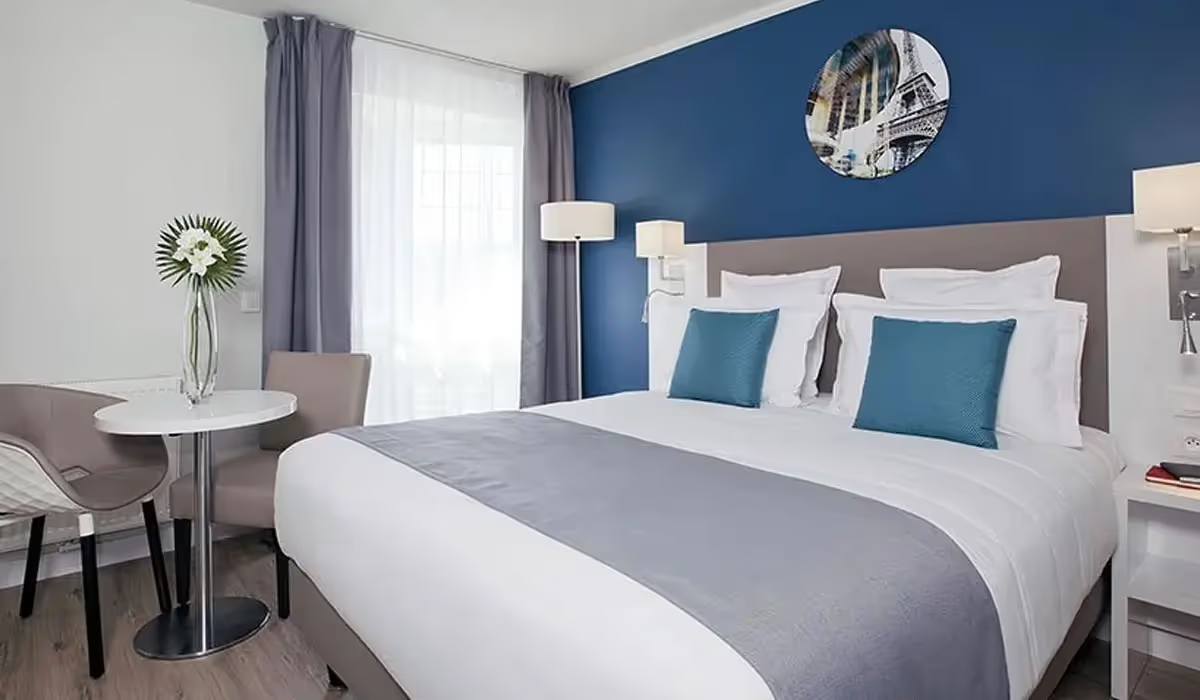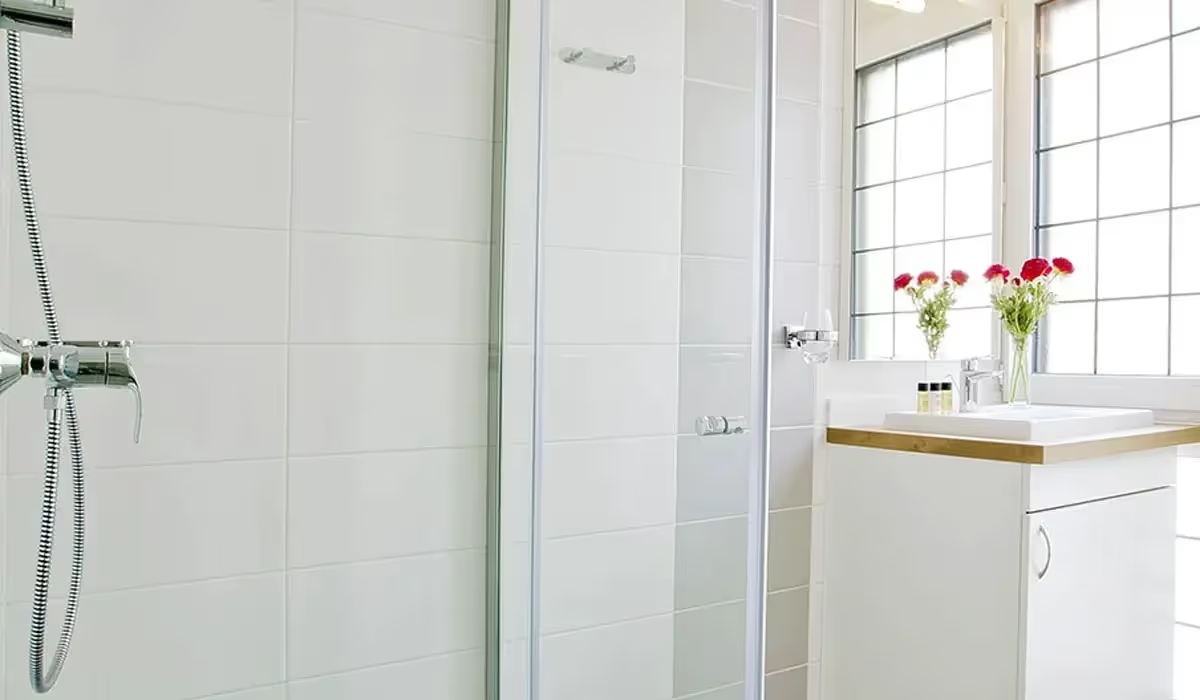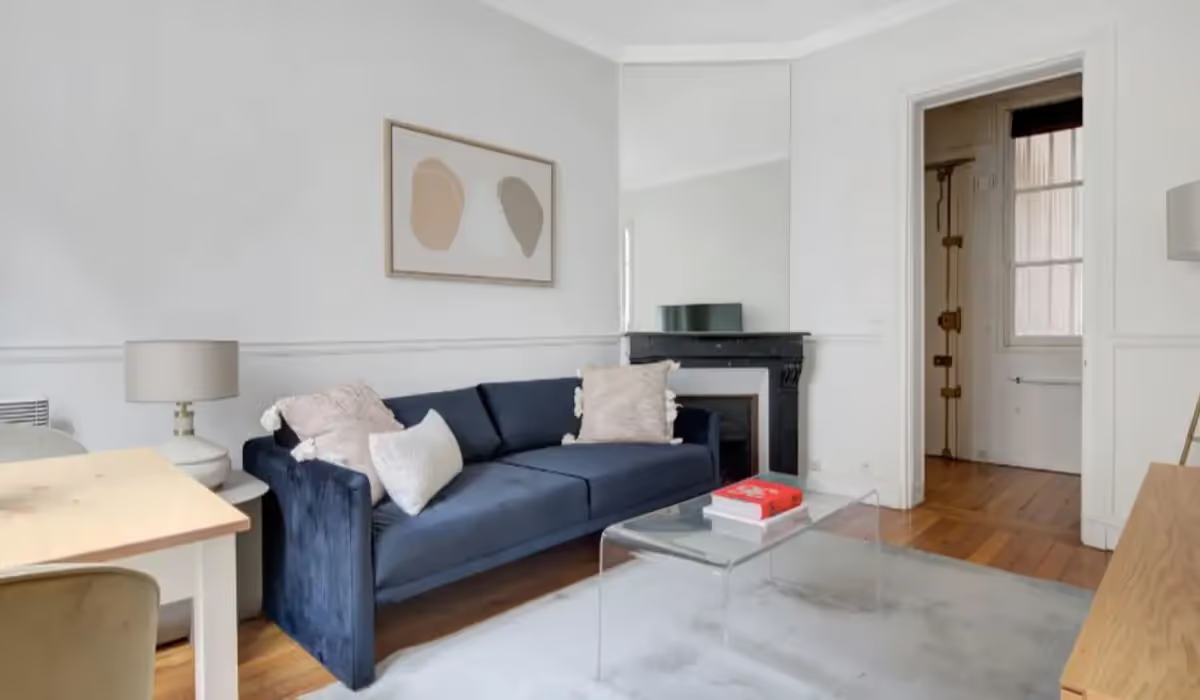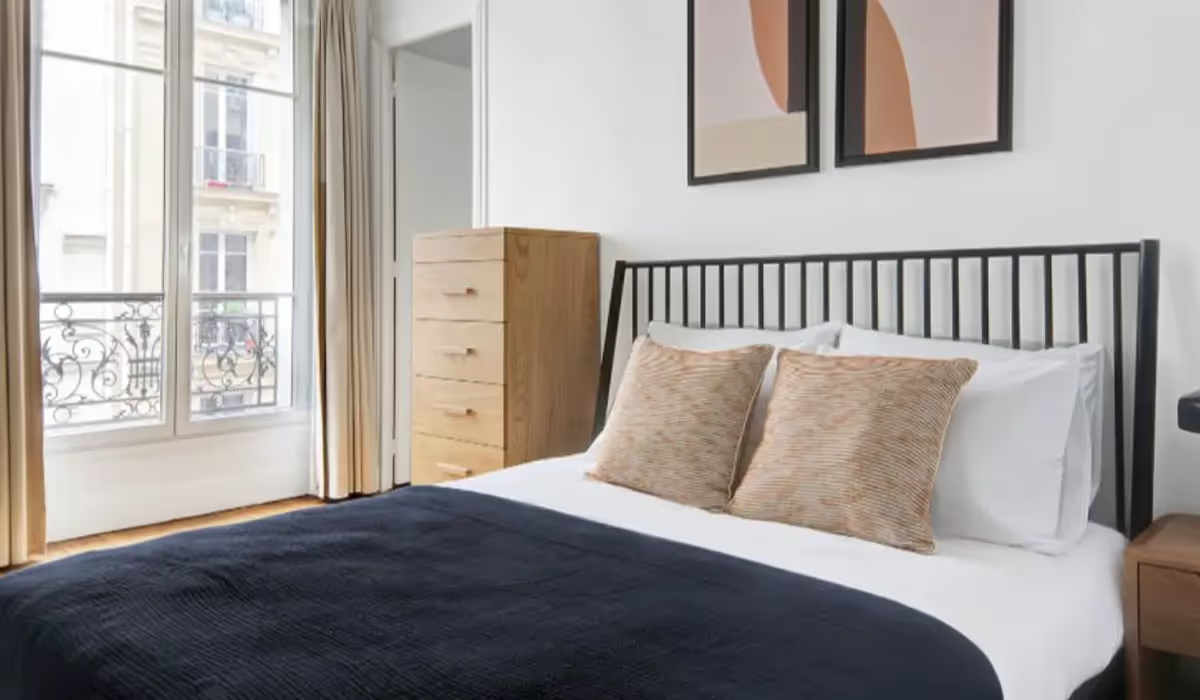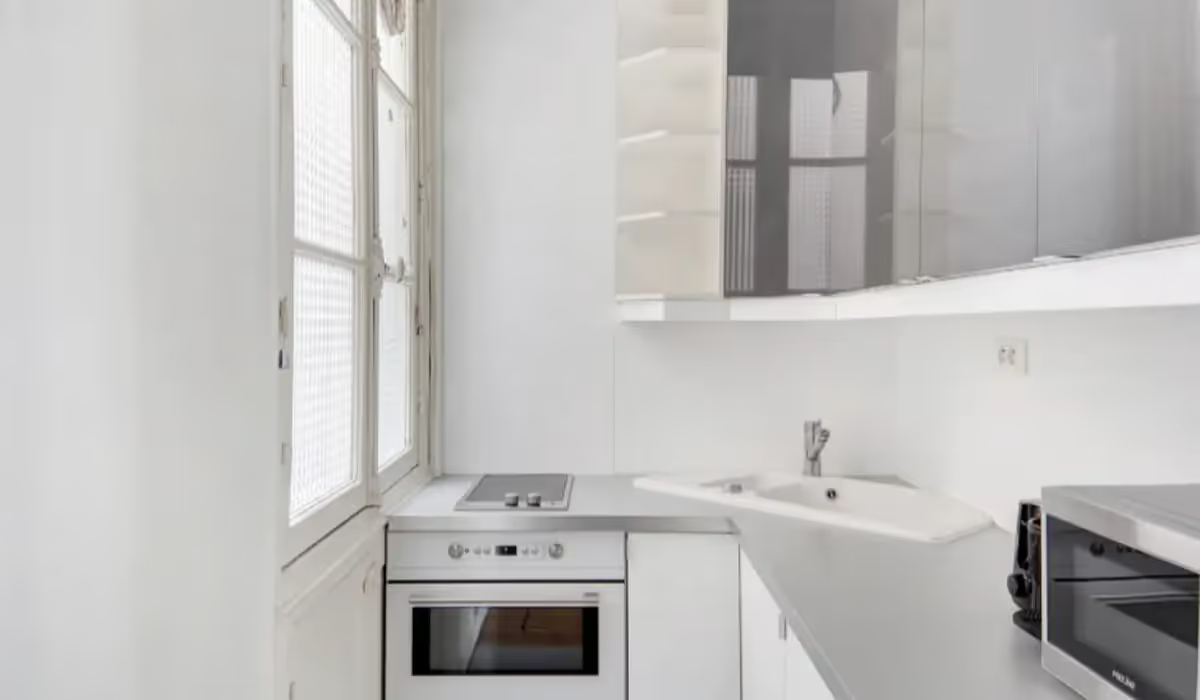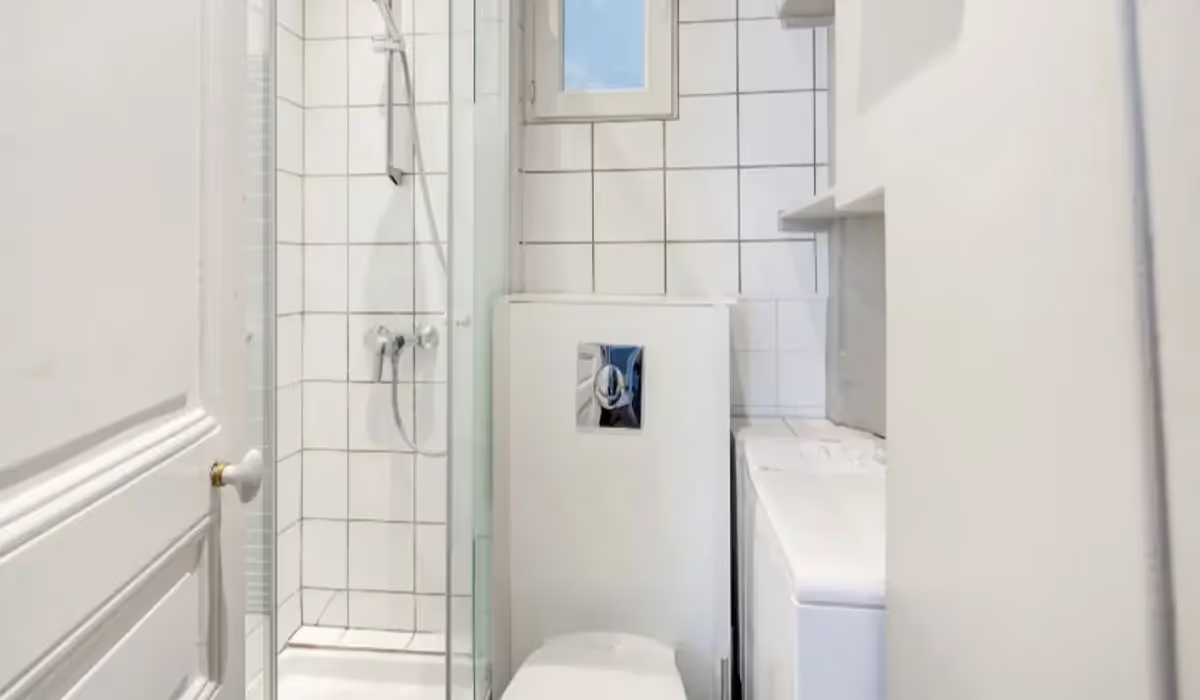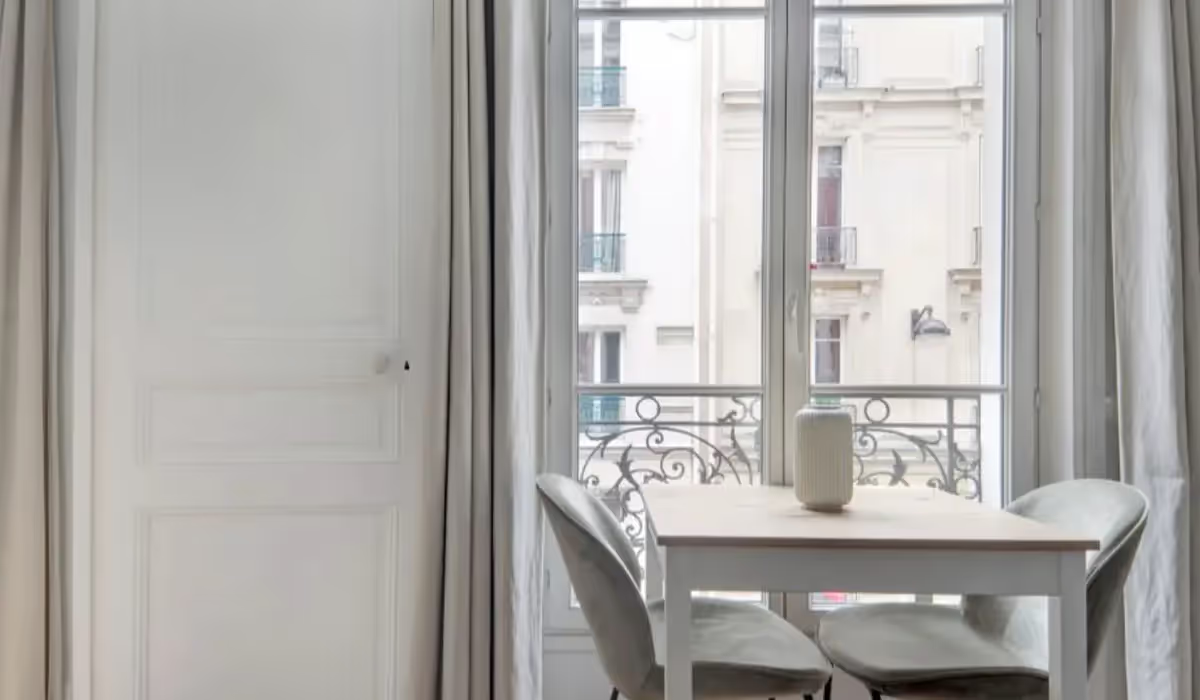Serviced Apartments in Paris
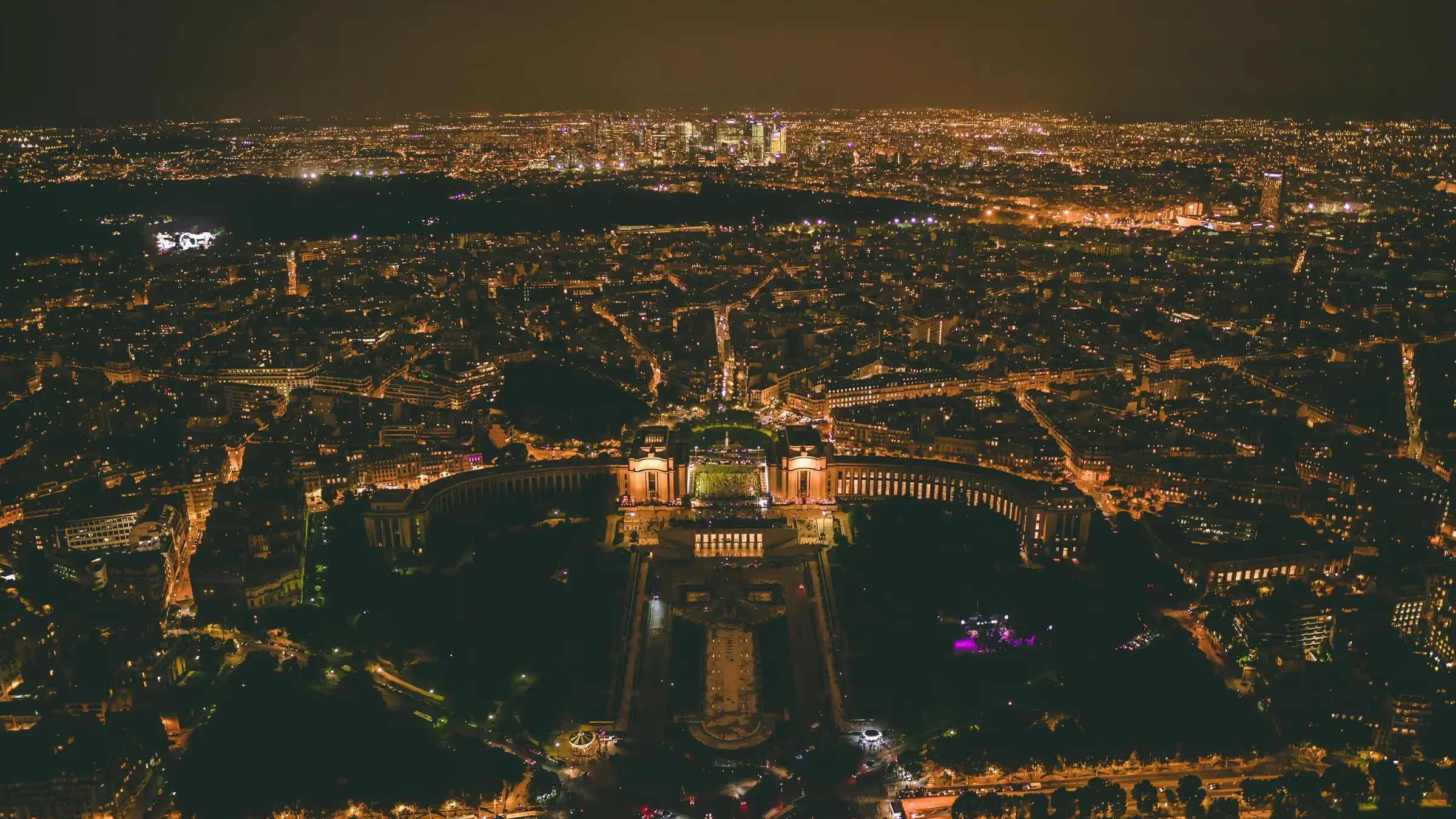
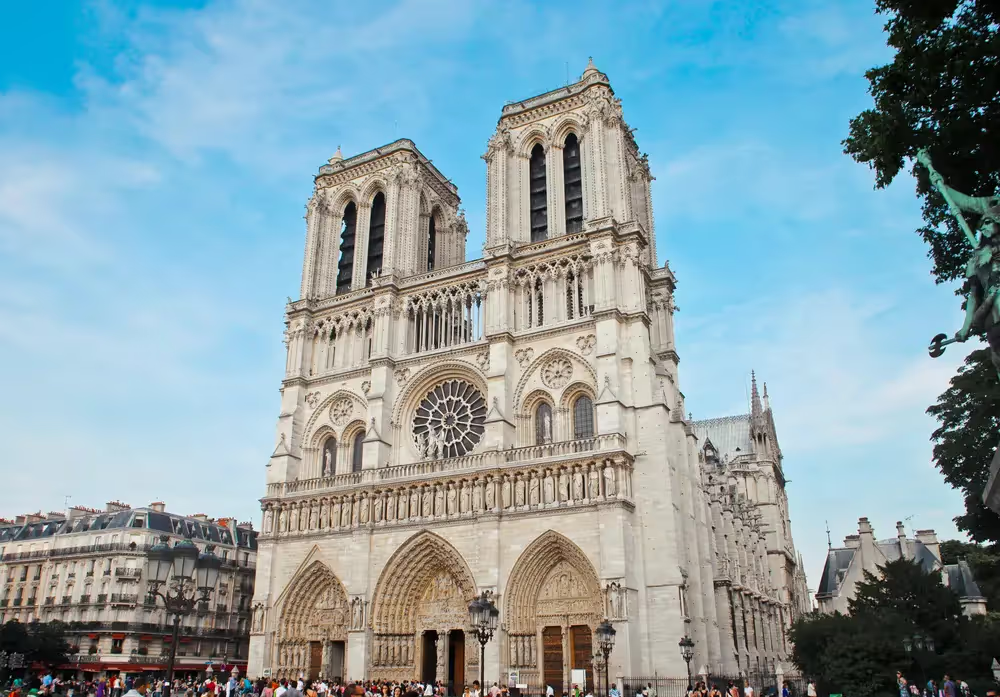
Corporate housing, simplified.
Why Apartool?
We ensure every stay has all the essentials to create a homified experience for travelers, while making the booking process easier for you:
Living in Paris means immersing yourself in a city where everyday life feels like a curated experience. It’s not just about the Eiffel Tower, the Seine, or the cafés—it’s about the rhythm of a place where art, intellect, and beauty are everyday norms. Paris encourages you to walk, to look, to read, to think. It’s a city that prizes conversation, culture, and cuisine, and yet is also firmly planted in the present, with a tech sector that’s booming and global enterprises setting up major operations in the city.
For professionals, Paris offers abundant opportunities across industries. It's the headquarters of some of the world's largest companies in energy (TotalEnergies), luxury (LVMH, Chanel), finance (BNP Paribas, Société Générale), and aerospace (Airbus). Meanwhile, Paris has rapidly become a hub for innovation, with one of the fastest-growing startup ecosystems in Europe. The French government's investment in technology, alongside initiatives like Station F—the world’s largest startup campus—make it attractive for entrepreneurs and creatives alike.
Yet Paris is not all work and no play. Living here means being surrounded by architecture that spans centuries, from medieval alleys in the Marais to Haussmannian boulevards and ultra-modern buildings in La Défense. It means access to world-class art collections, film festivals, jazz clubs, literary salons, and fashion weeks that transform the city. And, of course, it means food: from Michelin-starred restaurants to humble bakeries that serve up the best croissants you've ever had.
As of 2025, the population of Paris proper (within the city limits) is just over 2.1 million. However, when you include the Île-de-France metropolitan region, which encompasses the suburbs and surrounding towns, the number rises to more than 12 million people—making it the most populous urban area in the European Union.
Paris is a multicultural city, with large communities from North and West Africa, Southeast Asia, Eastern Europe, and the Middle East, as well as a significant expat population from the UK, USA, Canada, and other parts of the world. This diversity adds to the city’s richness in food, language, and culture.
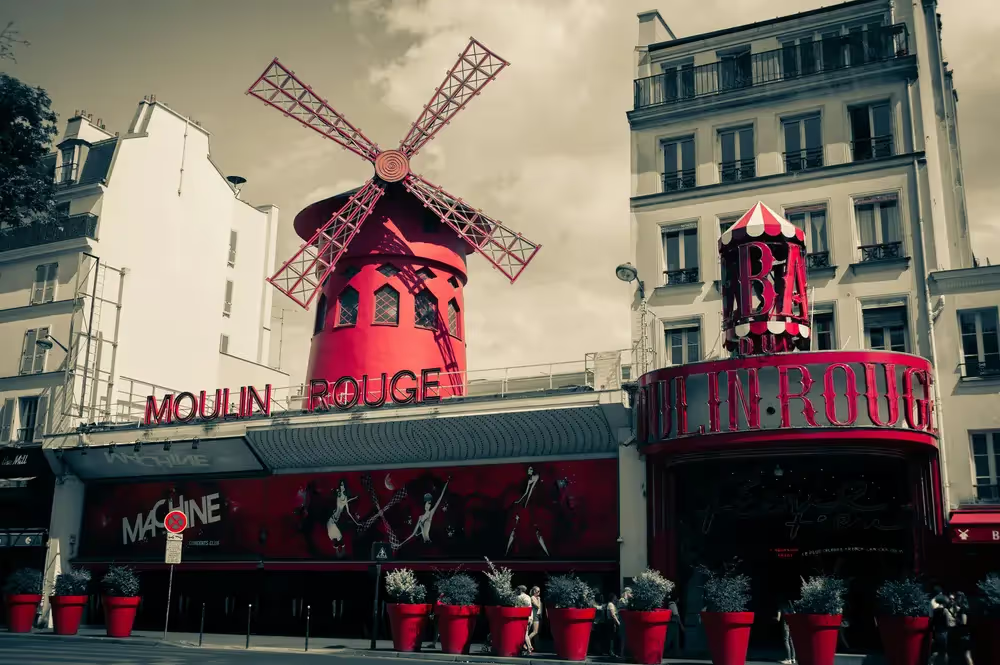
Choosing where to live in Paris depends largely on your lifestyle, budget, and preferences. Each arrondissement has its own personality, and the city offers a wide spectrum of living experiences—from bohemian to bourgeois.
For those who appreciate art, design, and historic charm, Le Marais (3rd and 4th arrondissements) is a perennial favorite. Its cobblestone streets, boutique galleries, and vibrant LGBTQ+ community make it a creative and inclusive hub. It’s also one of the most walkable and atmospheric areas of the city.
If sophistication and timeless elegance appeal to you, Saint-Germain-des-Prés in the 6th arrondissement is ideal. It has a long intellectual tradition, once home to existentialists like Sartre and de Beauvoir, and today offers stylish cafés, antique bookstores, and some of the best schools in the city.
Families and expats often prefer the 16th arrondissement, a quiet, leafy district with excellent international schools and large apartments. Similarly, the 7th arrondissement near the Eiffel Tower combines diplomatic residences with stunning architecture and riverside parks.
Meanwhile, younger residents and creatives might gravitate toward Canal Saint-Martin or Belleville, where rents are (slightly) more affordable and the energy is more eclectic.

Paris is arguably the culinary capital of the world. Whether you're dining at a three-star Michelin restaurant or grabbing a baguette from your neighborhood bakery, you can expect exceptional quality.
Classic Parisian dishes include coq au vin, duck confit, onion soup, boeuf bourguignon, and a dizzying array of pastries like éclairs, mille-feuille, and tarte Tatin. The city is also known for its cheese shops (fromageries), wine bars, and local markets—like Marché d’Aligre or Marché Bastille—where fresh produce, seafood, and charcuterie abound.
In recent years, Paris has also embraced international cuisine with Michelin-starred Japanese chefs, Middle Eastern street food, North African couscous, and even high-end vegan gastronomy. The city's dining scene is dynamic, competitive, and ever-evolving.
French is the official language of Paris, and while most residents speak it fluently, English is increasingly common in professional settings, especially in international companies, tech, and hospitality. That said, knowing French will dramatically improve your quality of life and help you integrate socially and culturally.
The French take their language seriously, and even a basic effort—like greeting people with a “Bonjour” or “Merci”—goes a long way. Many Parisians are bilingual, and you’ll also hear Arabic, Spanish, Portuguese, Chinese, and other languages in the multicultural districts.
The Paris metropolitan area, known as "Grand Paris", is one of the most economically powerful regions in Europe. While the city center is home to elegant boutiques and historical offices, the true business heart of the city lies in a few key areas.
The most prominent is La Défense, a massive business district just west of the city. It houses more than 180,000 workers daily and is home to the European headquarters of many Fortune 500 companies. La Défense is known for its futuristic skyscrapers, vast plazas, and constant development. It’s the Wall Street of France, where finance, insurance, consultancy, and legal firms thrive.
Closer to the historic core is the Central Business District, covering parts of the 2nd, 8th, and 9th arrondissements. This is where traditional French banks, luxury groups, advertising agencies, and prestigious law firms are based. The proximity to cultural landmarks like the Opéra Garnier or the Champs-Élysées adds to the allure of working in the heart of the capital.
In the east, Bercy and the Paris Rive Gauche area have become hubs for tech, media, and government agencies. Many ministries are located here, along with offices of global publishing companies, music labels, and startups. Nearby neighborhoods like the 13th arrondissement are also seeing rapid growth in office space and coworking hubs.
And for startups? The "Silicon Sentier" district in the 2nd arrondissement has become the symbol of Paris’s digital transformation, hosting a range of young tech companies and venture capital firms. The city has invested heavily in smart city infrastructure, green urbanism, and digital innovation—making it attractive for next-generation businesses.
Paris hosts several international financial and business events that draw thousands of professionals, investors, and policymakers each year. Among the most important is VivaTech, Europe’s premier technology and innovation event. Co-founded by Publicis and Les Échos, this massive expo brings together startups, large corporates, and tech enthusiasts from across the globe.
The Paris Fintech Forum is another major event that showcases the latest in digital banking, crypto, and financial services. It’s an important platform for policymakers, CEOs, and innovators to shape the future of finance.
Fashion plays a surprisingly large role in Paris’s economy. Events like Paris Fashion Week (held multiple times a year for different seasons) inject billions into the local economy, supporting designers, hotels, restaurants, and a range of creative industries. The city also frequently hosts economic summits, climate conferences (such as the historic COP21), and trade expos that reflect its role as a global diplomatic and commercial capital.
Paris has one of the most efficient and comprehensive public transportation networks in the world. The Métro, with 16 lines and over 300 stations, connects every corner of the city. Trains run frequently and are relatively affordable.
In addition to the Métro, there are RER commuter trains, tramways, buses, and bike-sharing services like Vélib’. Many residents don’t own a car, relying instead on walking, biking, and transit.
For intercity travel, Gare du Nord, Gare de Lyon, and other major train stations connect Paris to London, Brussels, Amsterdam, Lyon, and the south of France in just a few hours. The city is also investing heavily in its Grand Paris Express project—an ambitious metro expansion that will further integrate suburbs and reduce travel times across the region.
For newcomers or temporary residents, serviced apartments offer an ideal mix of flexibility, comfort, and convenience. These fully furnished units come with amenities like weekly cleaning, utilities, Wi-Fi, and sometimes concierge services—making them popular among business travelers, digital nomads, and expats.
Serviced apartments are available across the city but are most common in central areas like the 1st, 2nd, 7th, and 8th arrondissements, and around La Défense for corporate stays. They range from luxury penthouses with Eiffel Tower views to more modest studios suited for solo travelers or students.
Many companies like The Ascott Limited, Fraser Suites, Adagio, and Apart’City specialize in this accommodation type, offering leases from a few weeks to several months.
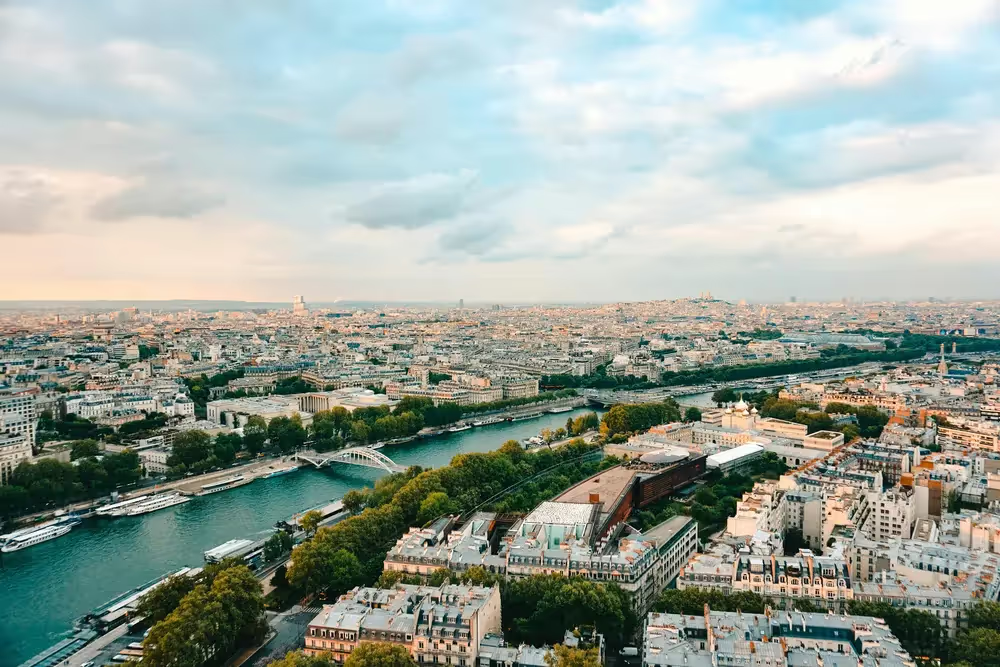
Unlock better business stays
.webp)

